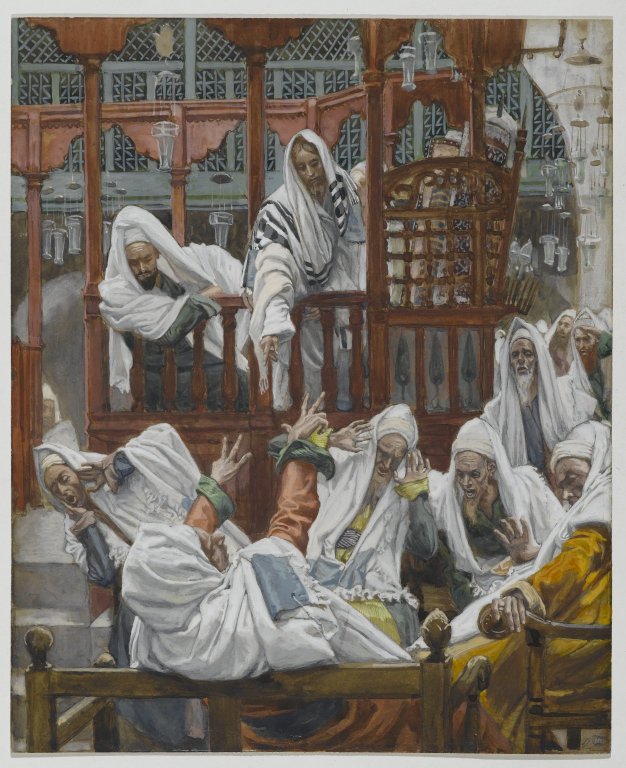The family business with the patriarch at the helm. That’s the old-fashioned image of a family business. The wife may help or support in the business, but she’s rarely an equal partner. That’s been the story for most of human history. In the event that the patriarch passes away, he may pass the baton to his wife, but more often than not, the baton is passed to an offspring.
In the past few decades, however, this image has undergone what I would describe as a long overdue death. A new vision awaited. It is one where the man and woman would work together as equal partners to create a business to support themselves and the family that they were aspiring to create.
The partnership is not a new business idea. It has existed ever since people wanted a partner-in-crime with whom to share their trials, tribulations and triumphs. But the vision of a family business with a patriarch and matriarch at the helm has not yet been as concretely actualised as it should have been.
It could have happened thousands of years ago, if we had not been not interrupted by unnecessary dogma and needless conditioning that kept us locked away in gender-segregated fraternities and sororities.
The family business with the patriarch and matriarch at its helm is not only a pipe dream, but a real shot at consolidating your respective skills and doing your life as a partnership. It is our best shot at creating and consolidating a family legacy that will continue on for generations to come.

Religious Brainwashing
For much of history, the attitude of organised religious institutions towards wealth has been one that is contentious. While religious institutions welcome–with open arms, no less–the wealth created by businesses; it also expresses its disdain towards the worthiness of business as a pursuit.
Religious institutions have also severely limited the contribution of women to the workplace and hampered their ability to be economic providers. The slogans that have been born to combat this thinking are many. I won’t go into them here.
The greatest obstacle that is faced by business leaders is that they are forced to live a divided life. They are forced to compartmentalise their faith from their vocation. It has harmed many entrepreneurs as well as their families. It has led to a deep inner rift that we–as a society–have only recently started to heal.
To lead a divided life is painful. To have one’s heart in one place and one’s mind in another is an excruciating experience. This has created immeasurable internal strife that has had terrible and ghastly repercussions in the external world.
The pursuit of wealth is like any other pursuit. In fact, the pursuit of wealth is what has shaped the waves that have come and gone more than any other pursuit. We humans have always been on a quest for more. Or perhaps the quest wasn’t even for more. Perhaps the quest was to live a life that is free from the terrible burdens of economic strife and hardship.
When one decides to pursue entrepreneurship, does one automatically become a fortune-seeker? Unlikely. More often than not, the entrepreneur did not become one due to choice, but rather, due to necessity and need.
Before business schools sprang up all across the globe to teach people about entrepreneurship; entrepreneurs were born but they actualised this vocation by embarking upon it and doing it. They call it an enterprise because to do it, you had to be enterprising.
And who better to be enterprising with than a spouse?
For those who feel called to start a business, ask yourself why you started your business in the first place. Business leaders need to be conscious of the fears they they will have to grapple with during certain pivotal points in their journey.
When people reject their vocation, they usually do so out of fear. Fear of failure, fear of loss, fear of ridicule. It is fear that underlies the rejection of the business vocation. If it goes against tradition, you are up against what must be thousands of years of dogma. It is a steep slope to climb and an uphill battle.
When we are no longer limited by our fears and held hostage by our conditioning, we can be custodians of the world’s resources. We can accept our calling as stewards of resources that are placed under our care. This includes a fair distribution of the benefits and burdens of the business. This means that a spouse ceases to be either a helper or a provider. It means that they both help each other and provide for their family together.
Every entrepreneur has an obligation to measure his choices and actions against the common good of the community; within which all persons can live and aspire to flourish. This requires us to use our time for good purposes–not only for our own well-being, but also the well-being of others in the community. It also means that we, as entrepreneurs, need to take significant measures to avoid excessive ambition, waste and greed.
We have a duty to others–especially to future generations–to pass on to them a fair share of the gifts that we have received. And we cannot do that if the scales are titled to one side and remain that way.





Leave a comment